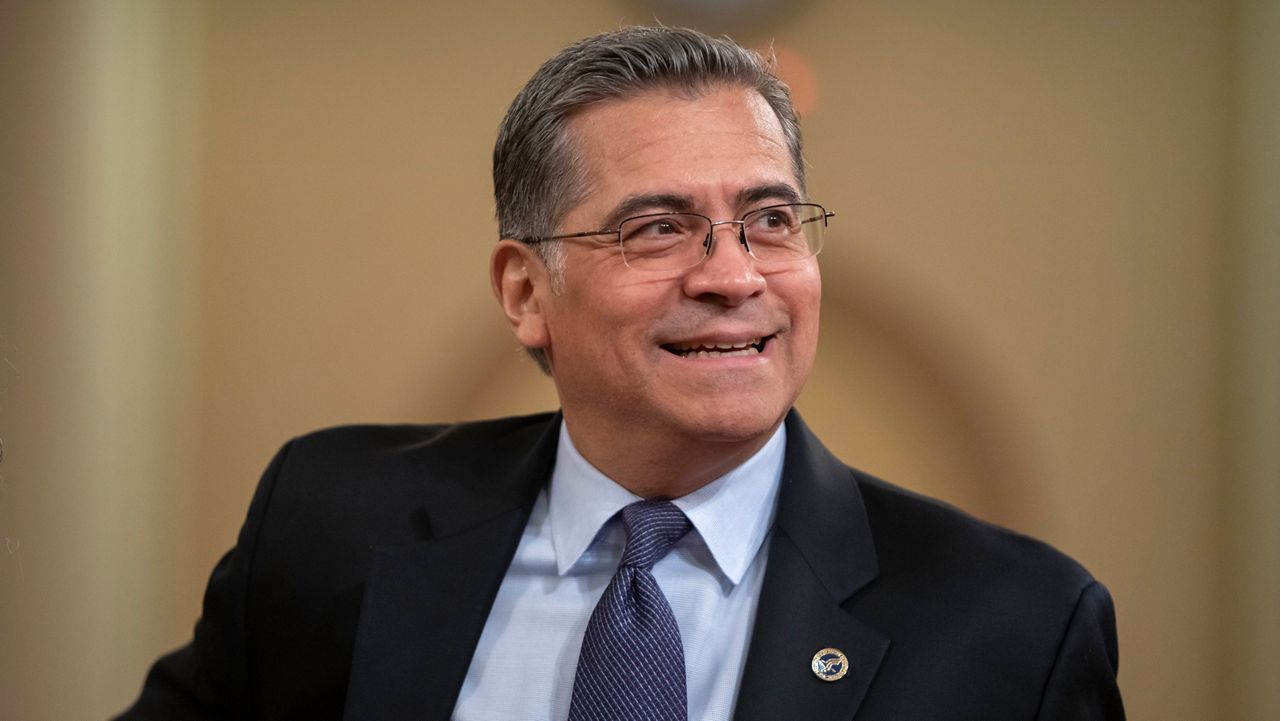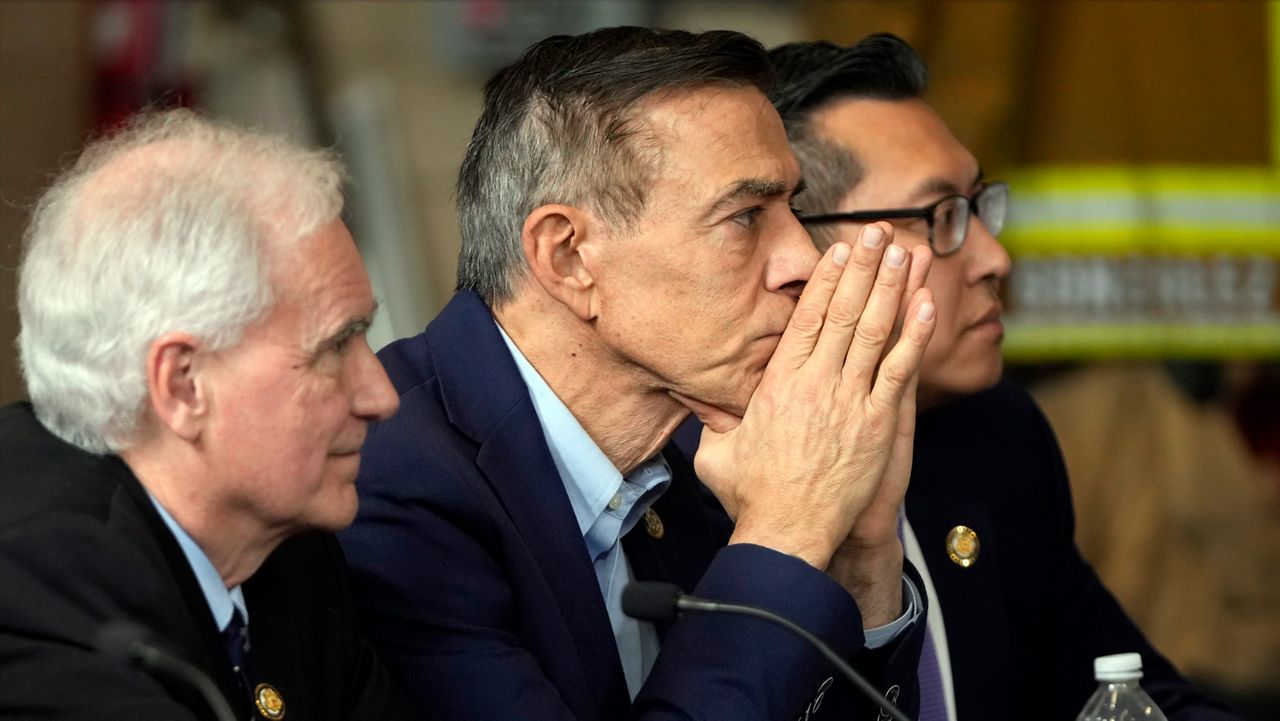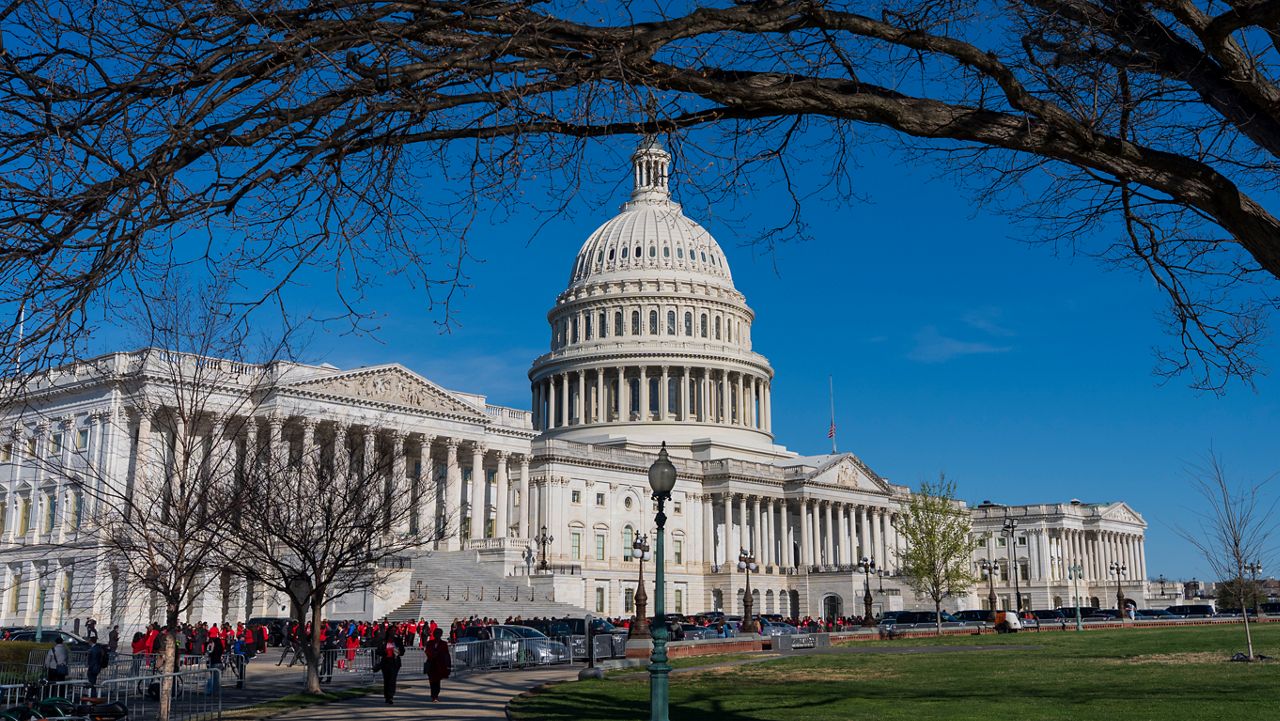The Senate voted to confirm Ret. General Lloyd Austin as the Secretary of Defense on Friday. He will be the first Black leader of the Pentagon in U.S. history.
Senators confirmed President Biden’s nominee in a 93 to 2 vote. Republican Senators Mike Lee of Utah and Josh Hawley of Missouri were the only Senators who voted against the confirmation.
The Senate voted one day after approving a waiver that allows Austin to serve as secretary even though he retired five years ago, within the seven-year waiting period usually required to ensure civilian leadership of the military.
“Mr. Austin has a storied career in the Army, but those days are behind him. As Secretary of Defense, he promised to empower and lift up his civilian staff, and I believe he will be an outstanding Secretary of Defense for everyone at the Pentagon,” Majority Leader Chuck Schumer said on the floor Friday.
“He must once again demonstrate to the world that the U.S. military will always support our friends, deter our adversaries and, if necessary, defeat them.”
Minority Leader Mitch McConnell voted in favor of Austin’s confirmation, but he warned about approving future waivers.
“The law that we keep waiving actually exists for good reason. Civilian control of the military is a fundamental principle of our republic,” McConnell said. “We emphatically do not want high-ranking military service to become a tacit prerequisite for civilian leadership posts over at the Department of Defense.”
Austin, who will be the first Black secretary of defense, said he understands why some have questioned the wisdom of putting a recently retired general in charge of the Defense Department. Much of his focus this week, including in his remarks at his Senate confirmation hearing on Tuesday, has been on persuading members of Congress that although he has been out of uniform for less than five years, he sees himself as a civilian, not a general.
Some aspects of his policy priorities are less clear. He emphasized on Tuesday that he will follow Biden’s lead in giving renewed attention to dealing with the coronavirus pandemic.
“I will quickly review the department’s contributions to coronavirus relief efforts, ensuring we are doing everything we can — and then some — to help distribute vaccines across the country and to vaccinate our troops and preserve readiness,” he told the Senate Armed Services Committee.
Under questioning by senators, Austin pledged to address white supremacy and violent extremism in the ranks of the military — problems that received relatively little public attention from his immediate predecessor, Mark Esper. Austin promised to “rid our ranks of racists,” and said he takes the problem personally.
“The Defense Department’s job is to keep America safe from our enemies,” he said. “But we can’t do that if some of those enemies lie within our own ranks.”
Austin said he will insist that the leaders of every military service know that extremist behavior in their ranks is unacceptable.
“This is not something we can be passive on,” he said. “This is something I think we have to be active on, and we have to lean into it and make sure that we’re doing the right things to create the right climate.”
He offered glimpses of other policy priorities, indicating that he embraces the view among many in Congress that China is the “pacing challenge,” or the leading national security problem for the U.S.
The Middle East was the main focus for Austin during much of his 41-year Army career, particularly when he reached senior officer ranks. He served several tours of duty as a commander in Iraq, including as the top commander in 2010-11.
An aspect of the defense secretary’s job that is unfamiliar to most who take the job is the far-flung and complex network of nuclear forces that are central to U.S. defense strategy. As a career Army officer, Austin had little reason to learn the intricacies of nuclear policy, since the Army has no nuclear weapons. He told his confirmation hearing that he would bone up on this topic before committing to any change in the nuclear policies set by the Trump administration, including its pursuit of nuclear modernization.
Austin, a 1975 graduate of the U.S. Military Academy at West Point, served in 2012 as the first Black vice chief of staff of the Army. A year later he assumed command of Central Command, where he fashioned and began implementing a strategy for rolling back the Islamic State militants in Iraq and Syria.
He describes himself as the son of a postal worker and a homemaker from Thomasville, Georgia, who will speak his mind to Congress and to Biden.







